Investigative journalist ‘Fisayo Soyombo spent 10 weeks tracing the deaths, disappearances and injuries from the military intervention in the Lekki Toll Gate protest of October 20, 2020. In the first of this three-part series, he details the death threats, intimidation and reported incidents of murder obstructing the flow of information on the number and identities of victims.
Dabiraoluwa Adeyinka was in the middle of a fiery conversation with friends in the final week of October 2020 when her phone rang. An unknown number was calling.
“Who do you want to speak with?” she asked quite curtly, impatient to rejoin her friends. What followed for the next one minute left her astounded.
“I don’t understand English,” the caller warned. “Calm down and listen carefully to what I have to say.”
He had kicked off the conversation by chillingly blurting “hello” thrice without uttering anything else, before consistently warning Dabiraoluwa to “back off”, his husky voice intermittently fading with the glitch that has defined mobile telephony in Nigeria.
“If you need your life… if your life is any valuable to you, stop all these things. I have your photo… if you ‘do anyhow’, the punishment for sin is death. People have died already. You have no hiding place. We were told to give you a warning before we come to deal with you; that is why I’m calling you,” the caller threatened. “Do you understand? Stop all your agitation. This country was in existence before your birth and you won’t be the only one to exist in it. You can’t be causing problems for those of us currently benefiting from government. This is Lagos; back off! I have warned you!”
This was the second time in a week that Dabira was being verbally threatened.
THE GENESIS

Dabiraoluwa was one of the protagonists of the Lagos end of the #EndSARS protests that raged in many states across Nigeria in October. Naturally, she was present when soldiers arrived at the Lekki Toll Plaza on Tuesday October 20, 2020, first firing shots into the air before subsequently at protesters, killing a yet unknown number and injuring scores of them. Those who were present at Lekki on that day or have seen footage of the occasion will remember Dabira as the dark-complexioned lady on the stage along with DJ Switch telling protesters to sit rather than stand, so that the casualty toll from the gunshots would be low. With the Army subsequently denying any of its men were at the scene or that live bullets were shot, insisting that “no soldiers were at the scene”, Dabira — having witnessed the shooting, seen people die and interacted with the soldiers and an Army General — has been working round the clock to ensure the truth is not buried. She has been coordinating the general care for some of the injured victims of the shooting and, more importantly, spearheading in-country calls for justice in compensating the victims and prosecuting those who ordered the soldiers to open fire on unarmed protesters.
“The shooting by the soldiers was in two patterns,” recalls Dabira, who herself would have died had someone else not shoved her aside and taken a bullet aimed at her. “They were shooting into the air and directly at people. With my own very eyes, I could count six lifeless bodies on the ground.”
Since the second of the two threats to her life, Dabira has lived like a fugitive in her own country, her house no longer a place she can go anywhere close to.
“You have to stay alive first to be able to fight for others,” she says.
THREE ARRESTED, NEVER TO BE SEEN AGAIN
Daylight — as he is fondly known — and his friends were having some late-morning idle chat on the last Thursday in October 2020 when he noticed a young man moving from point to point in the shanty, speaking with people. If this was a journalist, then he wanted to be interviewed. As a witness to the controversial events of October 20, Daylight had decided he must render his account. As you will read in the next instalment of this series, Daylight made bold statements on the casualty toll and the solders’ mode of operation.
“I cannot lie, those who died that night were more than 70,” he says in an instance. “I saw it happen but my phone was almost out of battery charge: three per cent.”
“I saw it happen with my naked eyes. As the soldiers were shooting, people were running and falling — because there were straight bullets — and anyone who fell was moved into the trucks… because they came with trucks, many trucks. Anyone who fell down and died, they threw him in.”
Just two days earlier, Major Osoba Olaniyi, the acting Deputy Director, 81 Division Army Public Relations, had dismissed pronouncements that the Army’s actions at the plaza bordered on a massacre.
“The attention of Headquarters 81 Division Nigerian Army has been drawn to a viral video on social media in which it was alleged that civilian protesters were massacred by soldiers at Lekki Toll Plaza,” Olaniyi said. “This allegation is untrue, unfounded and aimed at causing anarchy in the country. At no time did soldiers of the Nigerian Army open fire on any civilian.”
But Daylight insists he was in front of Oriental Hotel as the shooting went on, and promised to confront anyone who persecutes him for his revelations.
“If they’re looking for me, I’m here,” he tells FIJ. “I won’t run. God is with me. Whatever they want to do, I’m a youth.”
Fast-forward three weeks later, the journalist was back in the neighbourhood to track Daylight who, by then, had stopped answering calls to his phone. To the greatest shock of the journalist, Daylight asks to be left alone. Three people in the neighbourhood had been arrested by “government” shortly after speaking with the media about the October 20 deaths, he explains, and they hadn’t been seen ever since.
“Please leave me alone,” he barks. “In fact, what I told you three weeks ago, I didn’t say them anymore. I withdraw them. You know, I don’t have money and I struggle to feed daily, but just coming out to inhale fresh air like this is an opportunity I am not yet willing to give up.”
TWO FRIENDS ‘KILLED THREE DAYS APART’ AFTER VISITING SURVIVOR
Again, in the next installation of this series, you will read about Joshua Ossai, who was shot by soldiers while fleeing from the rain of bullets at the toll gate. He eventually ended up in Ikorodu where he was nursed by a Good Samaritan before he was reunited with his family after two weeks. Once Joshua returned home, two of his friends paid him a visit. Shocked and angered by the sight of their recuperating friend, they hit social media to publicly criticize the Army for lying (at the time) that no live bullets were shot at the protest ground.
The two friends were killed three days apart.
The deaths, revealed during a phone call between a humanitarian worker and a friend of Joshua’s, came after a phone call from someone “from the government” dangling help with healthcare.
“You call and say you’re from the government, you want to help… you want to help with healthcare. And at the end of the day, you send men to come and kill them,” Joshua’s friend can be heard while rejecting the aid worker’s offer of help. “So we are trying to be very careful in giving out information about Joshua’s location. Trust me, I’ve been receiving a lot of calls from different NGOs, especially the journalists; they have been asking for video interviews but we don’t want.”
Weeks after the incident, the mother of the second friend to be murdered was still in coma. This child reported to have been so cruelly taken from her was her only son.
FIJ attempted to speak with Joshua’s relatives but the response was overwhelmingly dismissive. “We are not interested in the whole Lekki saga, so I will like you to excuse me from any other questions concerning it,” one of them said. “The most important thing is we found Joshua.”
‘YOUR MOBILE PHONE HAS BEEN TRACKED, YOUR LIFE IS AT STAKE’
On October 27, exactly a week after soldiers sprayed Lekki Toll Gate protesters with bullets, 30-year-old Perpetual Ibeh Kamsi received a phone call from an unknown number. The caller was mum for the first 15 to 20 seconds, during which Kamsi was already becoming irritated.
“You think you are smart and you have evidence that you can use against the government? Just have it in mind that your lives are at stake,” Kamsi, a barber and tennis coach, recalls the caller saying.
Kamsi didn’t take him seriously. If only she knew what was coming.
Actually, she should have. Since joining the protest at the toll gate on its fourth day — October 11, 2020 — Kamsi didn’t miss a single day until it was eventually brought crashing nine days later by soldiers’ bullets. Everything unravelled before her very eyes: the bullets, the bloodshed, the injuries, the victims’ agony, the deaths. And in the days that followed, Kamsi joined a few courageous protesters in scouring hospitals for dead and injured protesters.
She quite naively seemed not to know she was a target — because she told the caller “you don’t know me or where I live”, to which he responded: “Your mobile phone has been tracked and I know your whereabouts.
She hurriedly terminated the call. Still, she dismissed it.
A week later, a second number and different voice called. This time, the caller went straight to the business.
“If you people don’t take time [sic], we will take you out one after the other,” he bellowed.
That was when Kamsi knew her life was indeed under threat. She has had to flee her home.
“Ever since then, I have been living in fear,” she tells FIJ. “Everyone around me is a suspect because I don’t know who is for the government and who is for us or for the people. Whenever I’m in the public, my eyes work like magnet because I don’t know who is watching.”
Kamsi is not the only one living in fear. She knows witnesses to the October 20 killing who do not want to speak about it for fear of endangering their lives.
“A lot. A lot of them are scared,” she says. “They don’t want to talk; they don’t want to come out. If you’re not confident and bold, you cannot come out.”
“A lot of them are scared to even speak because they have been threatened. When you don’t have anybody to speak for you or defend you, when you don’t have anybody in power who will stand for you, what do you do? You withdraw into your shell and ask God to fight for you. You say okay, we have lost one child, let that one be it; we don’t want to lose another.”
Kamsi continues to deal with the trauma of all she saw that dark night. Her sleep is no longer peaceful. She still sees a therapist. She still has nightmares about the dead bodies. She still slips into trances graced by injured protesters and projectile bullets. And in addition to all that, her life is not safe.
‘WE DON’T WANT TO FIGHT GOVERNMENT’
Sumbo George was in a bus en route to Lagos Island from Yaba one sunny afternoon in the penultimate week of December when passengers began to argue about the #EndSARS protests. As always, the subject was whether or not protesters had been killed and whether the casualty toll is high enough to be dubbed a massacre. It was a rowdy affair. To those giving the thumbs down to the death claims, one important question had remained unanswered: where are the families of the supposedly slain protesters and why are they not talking?
Silent for much of the conversation, Sumbo couldn’t hold it any longer. Her cousin was a victim but her uncle didn’t want any family member to publicly discuss it “because he doesn’t want to fight government”.
An interested passenger exchanged numbers with Sumbo before passing it on to a Non-Governmental Organization (NGO) offering financial and material support to families of slain protesters. Surprisingly, when the NGO contacted Sumbo, she insisted the family would not publicly comment on the death as it would invite the government’s wrath.
“My uncle is not interested,” she says, “he doesn’t want any trouble.”
Trouble? It’s an NGO willing to help.
“He said we should forget about it,” Sumbo adds. “The lady who gave you my number, I met her in a bus; something cropped up and I had to tell her my uncle’s son was killed, but he doesn’t want any trouble; he doesn’t want any need to start running helter-skelter, especially as it involves government.”
An effort to explain the nature of the requested conversation didn’t fly either.
“It’s NGO but this #EndSARS movement involves government,” she adds. “If we start telling you what led to his death, they [government] will trace us. That is what he was explaining to me, that he doesn’t want anybody to trace him and he’ll start running helter-skelter. Government won’t overlook it because it’s NGO. You know what I’m saying; he knows it.”
After much pressure, Sumbo reluctantly agreed to send her uncle’s number to the caller. Fifteen days after, she still hasn’t.
A MIDNIGHT RAID BY THE DSS — JUST LIKE ARMED ROBBERS
Imoleayo Michael joined the #EndSARS protest in Abuja for only two days but he spent 41 days in the custody of Department of State Services (DSS) in return. On the day he was picked up, DSS officials tracked him to his house at about 2:30am, literally broke into his bedroom, blindfolded him and whisked him away to their headquarters. This was the exact fear Sumbo expressed — exactly why his uncle would never tell the press about his slain son.
“I was just in my house in the middle of the night and I noticed my dogs were barking,” Michael says in an interview with FIJ. “I got up to see what was happening. I saw some gunmen, heavily-armed, in my compound. I thought they were armed robbers.”
Michael fetched his whistle and started to blow it relentlessly. The DSS officials tore the net of his window, pointed a gun inwards and ordered him to release the whistle and open the door. When he complied, seven of them rushed into his living room, one instructing him to unlock his phone. Once they confirmed that the phone number in their possession was Michael’s, they whisked him away.
They blindfolded him until he got to the DSS headquarters, where he ended up in an underground cell. This was in the small hours of Friday but it wasn’t until Tuesday that officials retrieved him from the cell for the first time.
“I was in custody from Friday but it wasn’t until Tuesday that I knew why was I arrested: #EndSARS protests,” Michael says. “They interrogated me about how I participated in the protests, whether I was paid for anything or I sponsored anything. Those were the questions they wanted answers to.”
The interrogation continued intermittently for two weeks — two weeks of denial of access to relatives or a lawyer. Thirty-six days into his detention, Michael was suddenly summoned and told he would be arraigned in court.
“I was taken to court in handcuffs,” he recalls. “I couldn’t see anyone that I knew. At least, I should have a lawyer. The prosecutor said I shouldn’t worry but to keep quiet.”
Michael was arraigned on a three-count charge of public disturbance for participating in the #EndSARS protests. Five days later, he was released on bail after a total of 41 days in detention. And for 36 of those, his family didn’t even know if he was dead or alive.
WE WILL NEVER KNOW
Beyond the deaths threats and claims of deaths, the unique demography of the people killed on October 20 handicaps anyone seeking to establish the exact casualty toll. So says Femi Ojeniyi, a Lekki-based architect with an extensive knowledge of the Island due to his job specification and length of practice.
“Many of the victims came to the protest ground from the slum parts of Jakande,” says Ojeniyi in an interview with FIJ. “They are not sophisticated in that sense. They only joined the protest to show their displeasure with what the government of the day has become.”
Ojeniyi identifies them as “semi-illiterates and secondary school dropouts”, a claim exemplified by the educational status and occupation of those victims eventually tracked by FIJ.
“They’re not people who watch their backs; some of them left home and haven’t returned but no one knew they went to the protest ground in the first place,” he insists.
“Almost all empty sites between Lekki Phase 1 and Oniru and Jakande have slum settlements; people just pay some money to sleep per night. They usually have their own logs with which they construct their makeshift beds before moving to another place. So, tracking them down might be difficult; they are nomadic. They don’t have a place they call home.
“Many of them don’t have parents looking after them. That’s why if you went to the toll gate in the evenings, these were the kinds of people you found there. In the morning, more elites. But in the evening, these poor people. They are practically people without Facebook or Twitter accounts; they just live their life as it comes, and that is why they could take the risk of protesting at night.”
Ojeniyi believes some of these deaths are not public yet because the people around them may not have proof or the courage or wherewithal to openly challenge what went wrong.
“Let’s face it, we will never know exactly how many people died that night,” he says. “Even the Army don’t. We never will.”
This investigation was produced with funding support from Anap Foundation in furtherance of their objective of promoting Good Governance
Subscribe
Be the first to receive special investigative reports and features in your inbox.


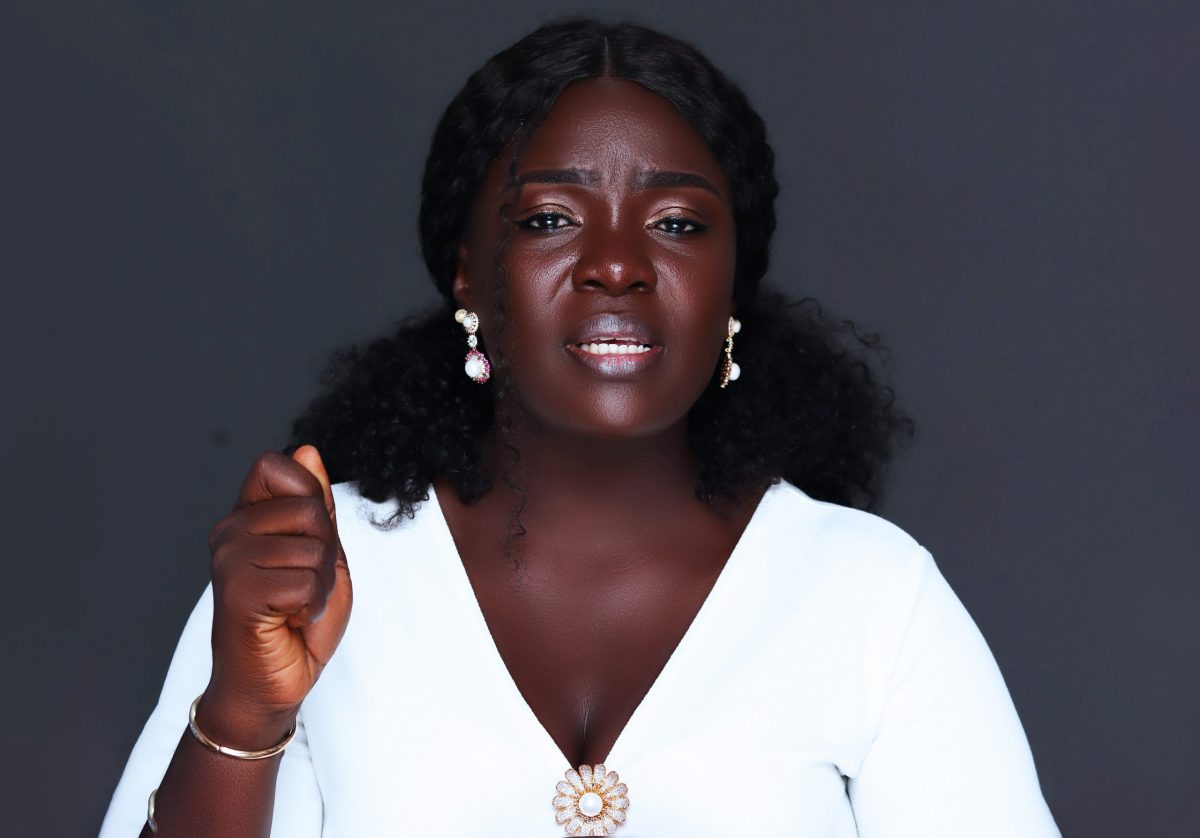




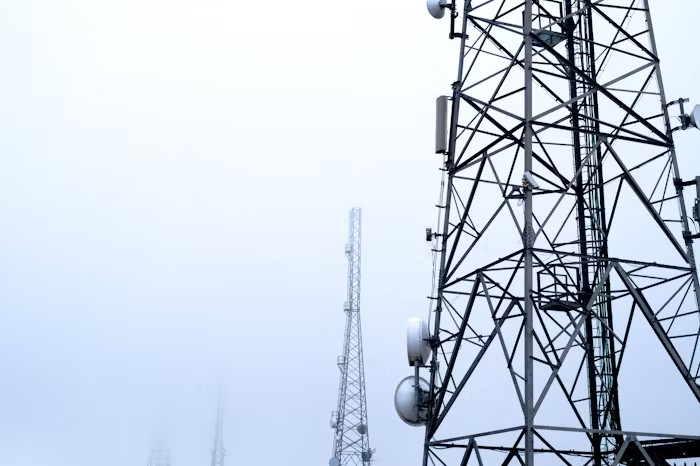


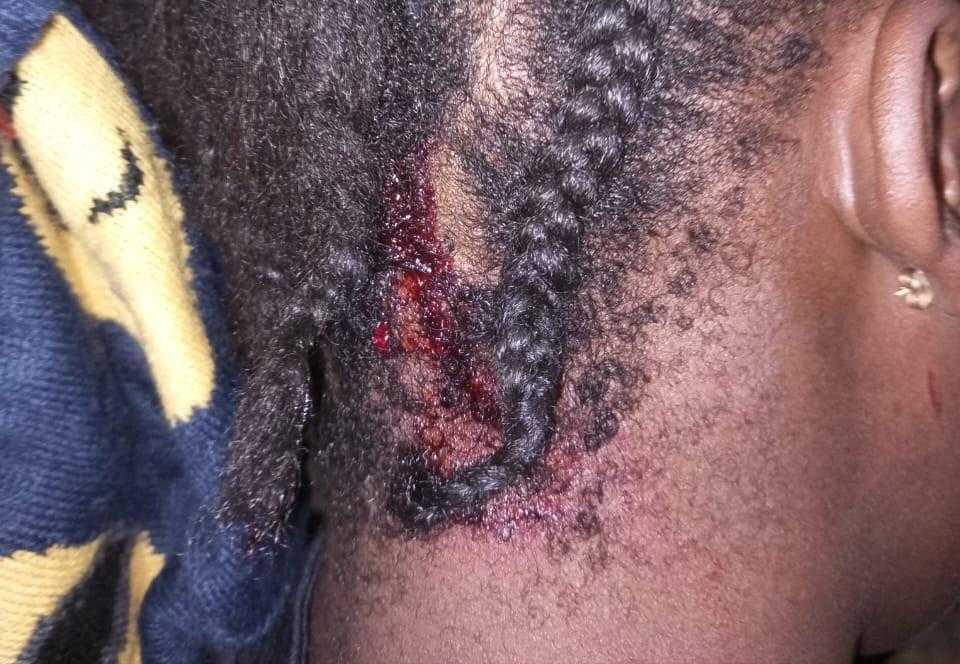
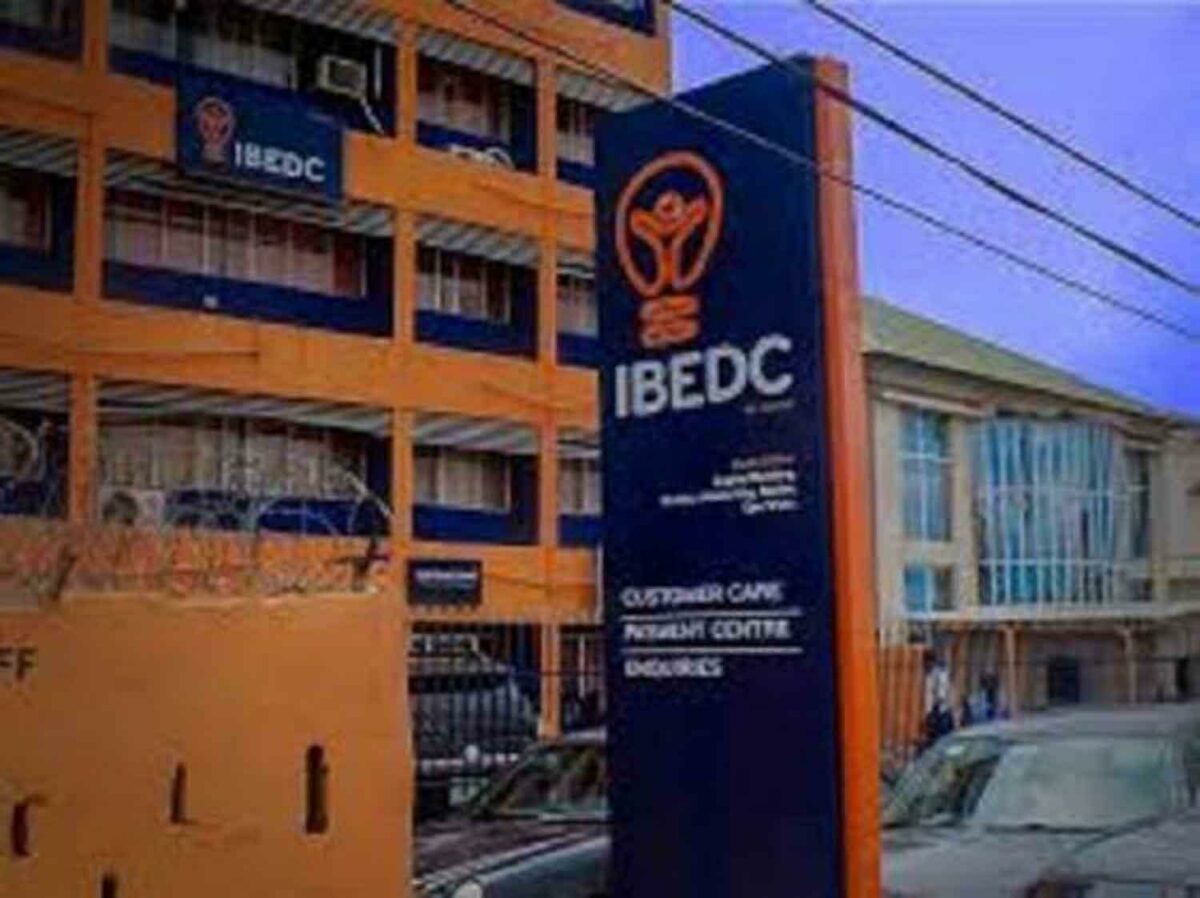
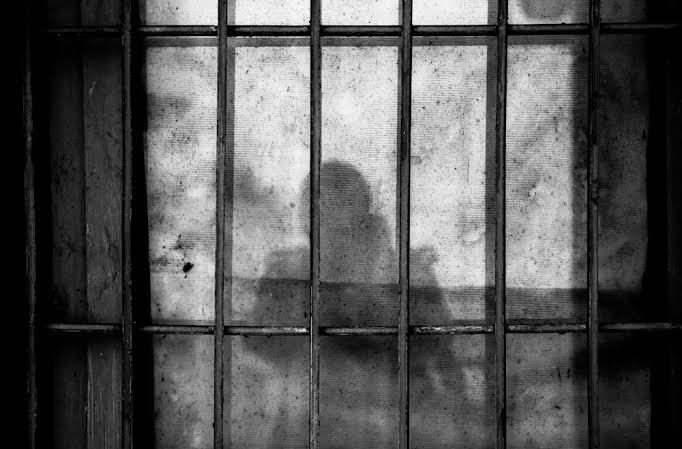
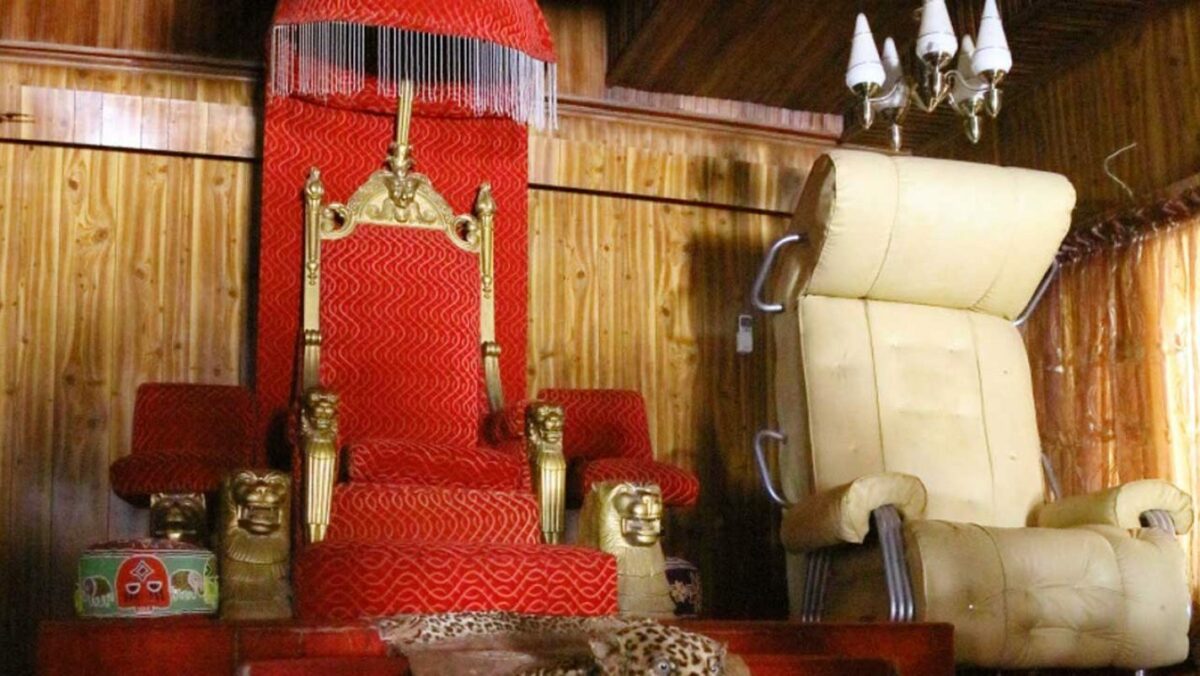
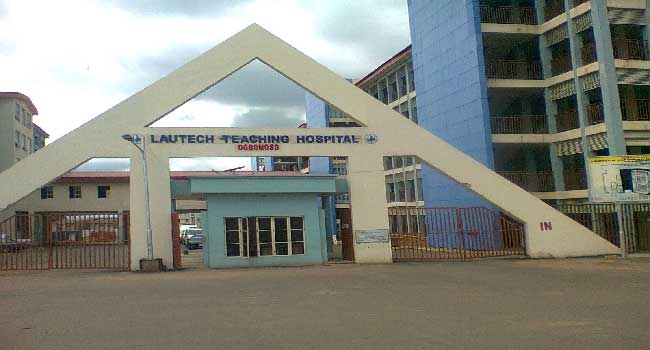
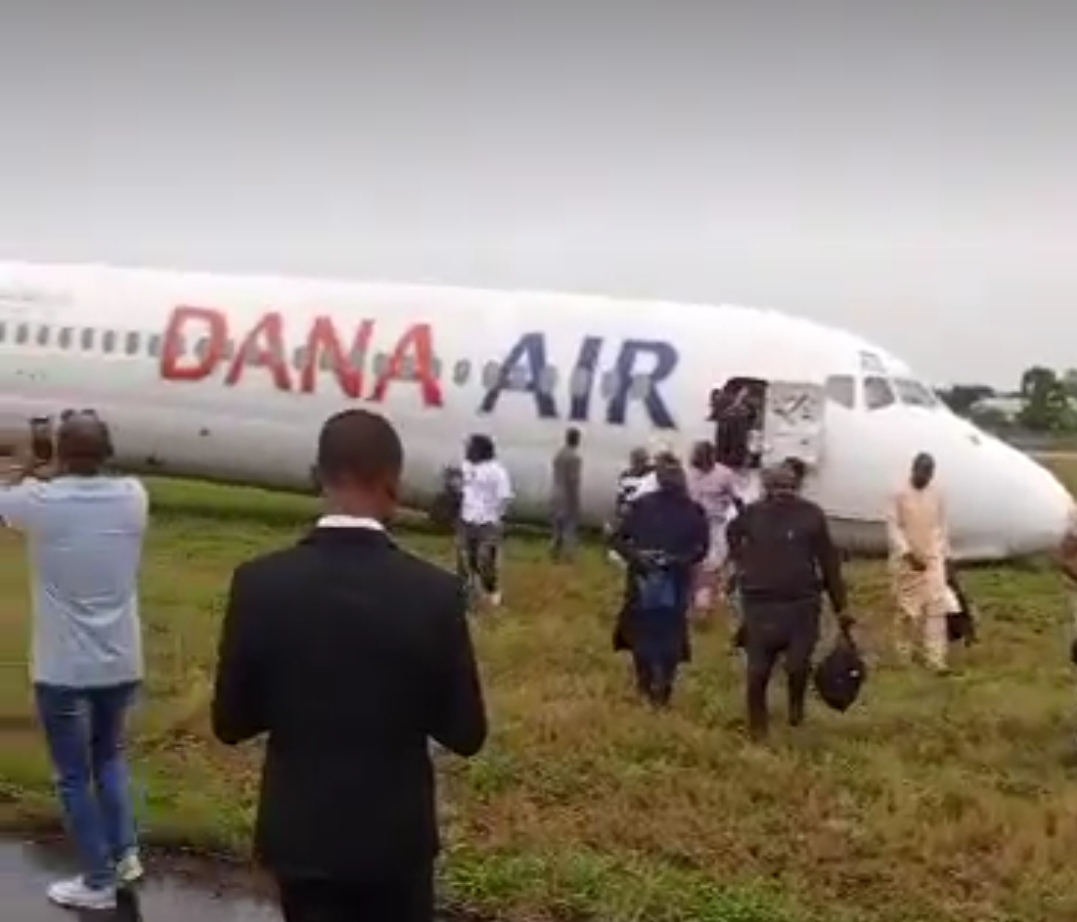
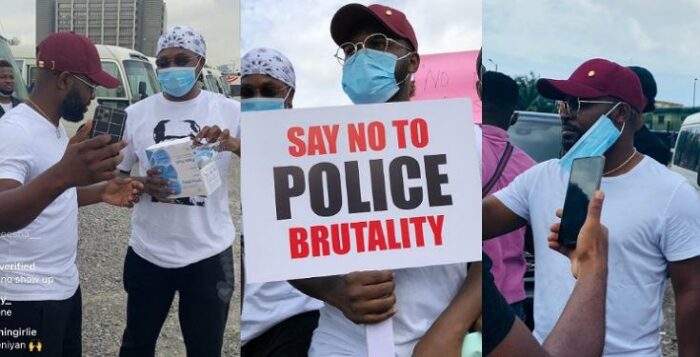
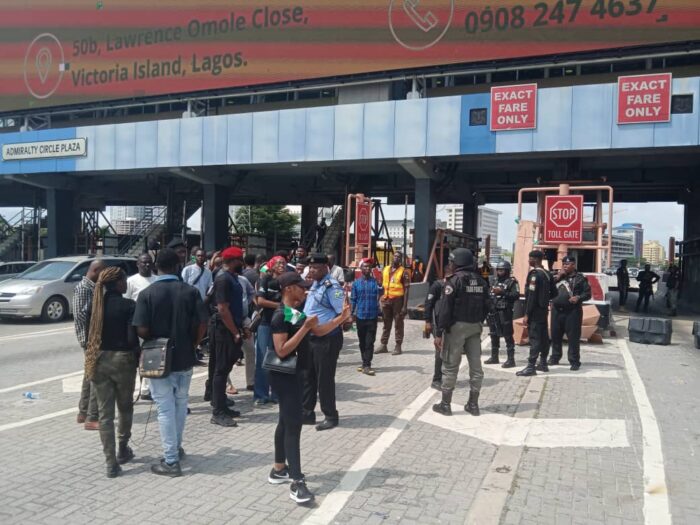
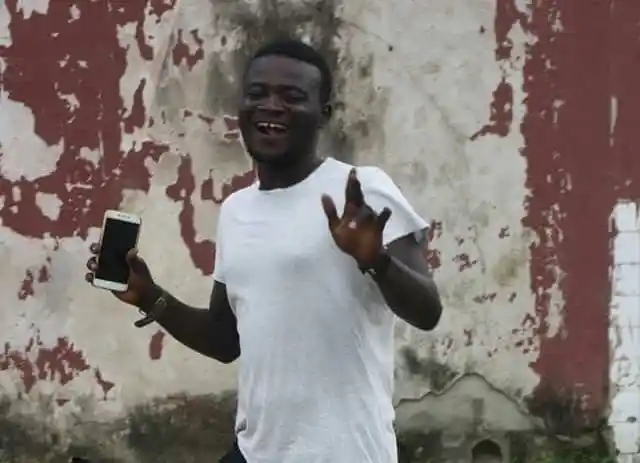
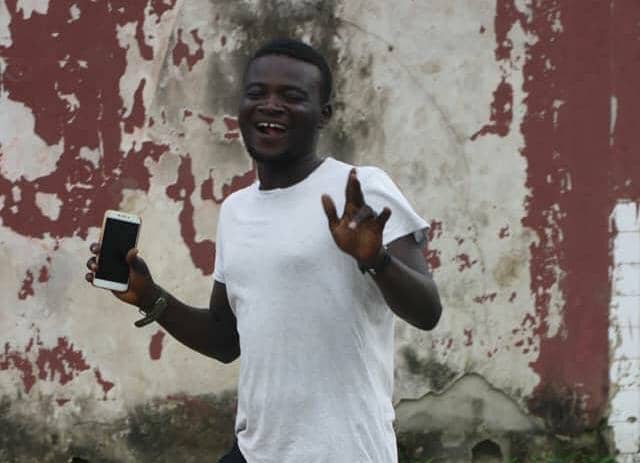
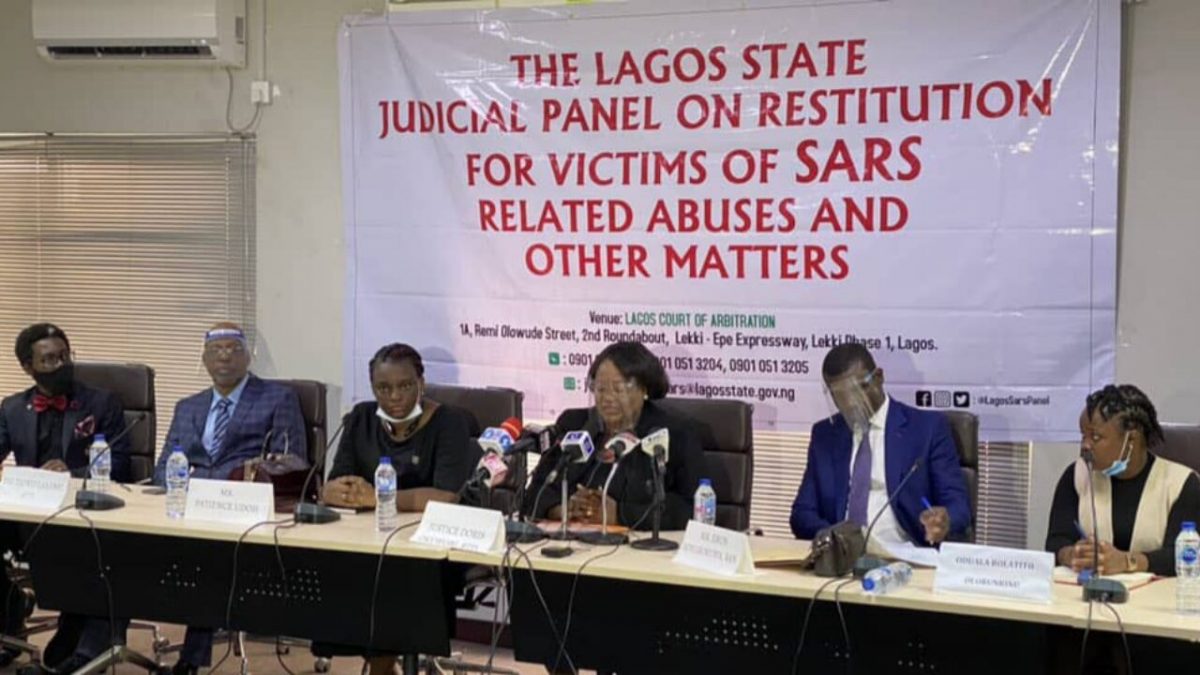
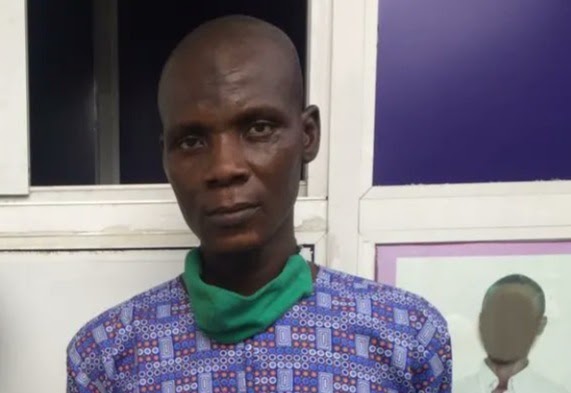
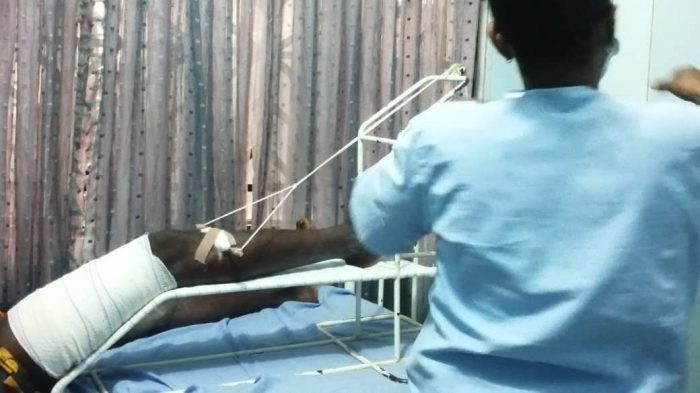
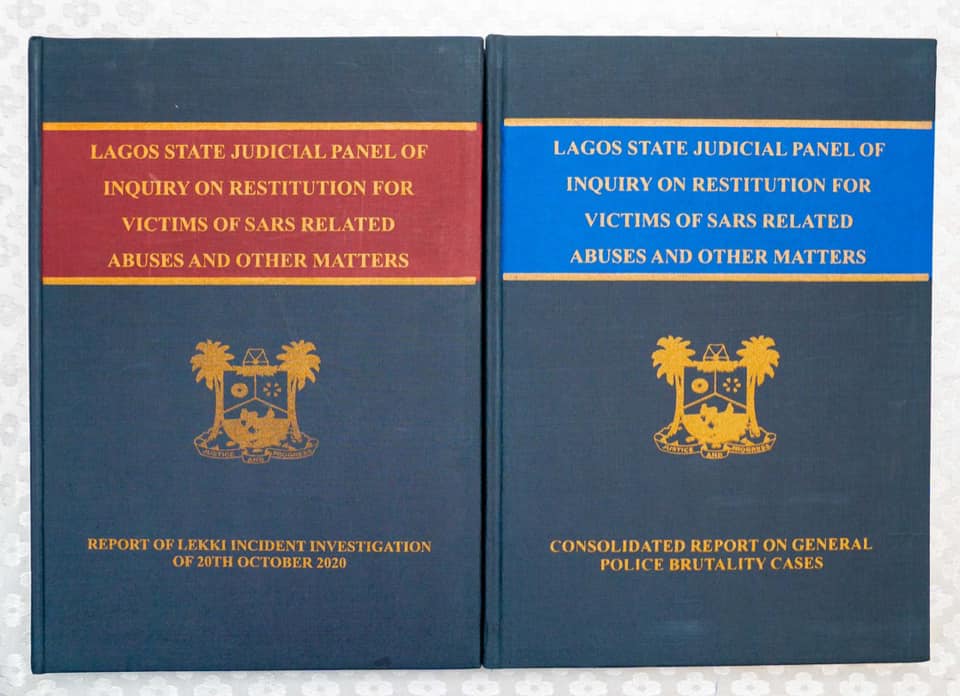
2 replies on “PORTRAITS OF BLOOD (1): Death Threats, ‘Murders’, Indiscriminate Arrests… The Post-Lekki-Massacre Cover-Up”
[…] is the second of a three-part series. You may read Part I here. This investigation was produced with funding support from Anap Foundation in furtherance of their […]
Thank you sir Fisayo for a job well done as always! The truth is like pregnancy it cannot be hidden!